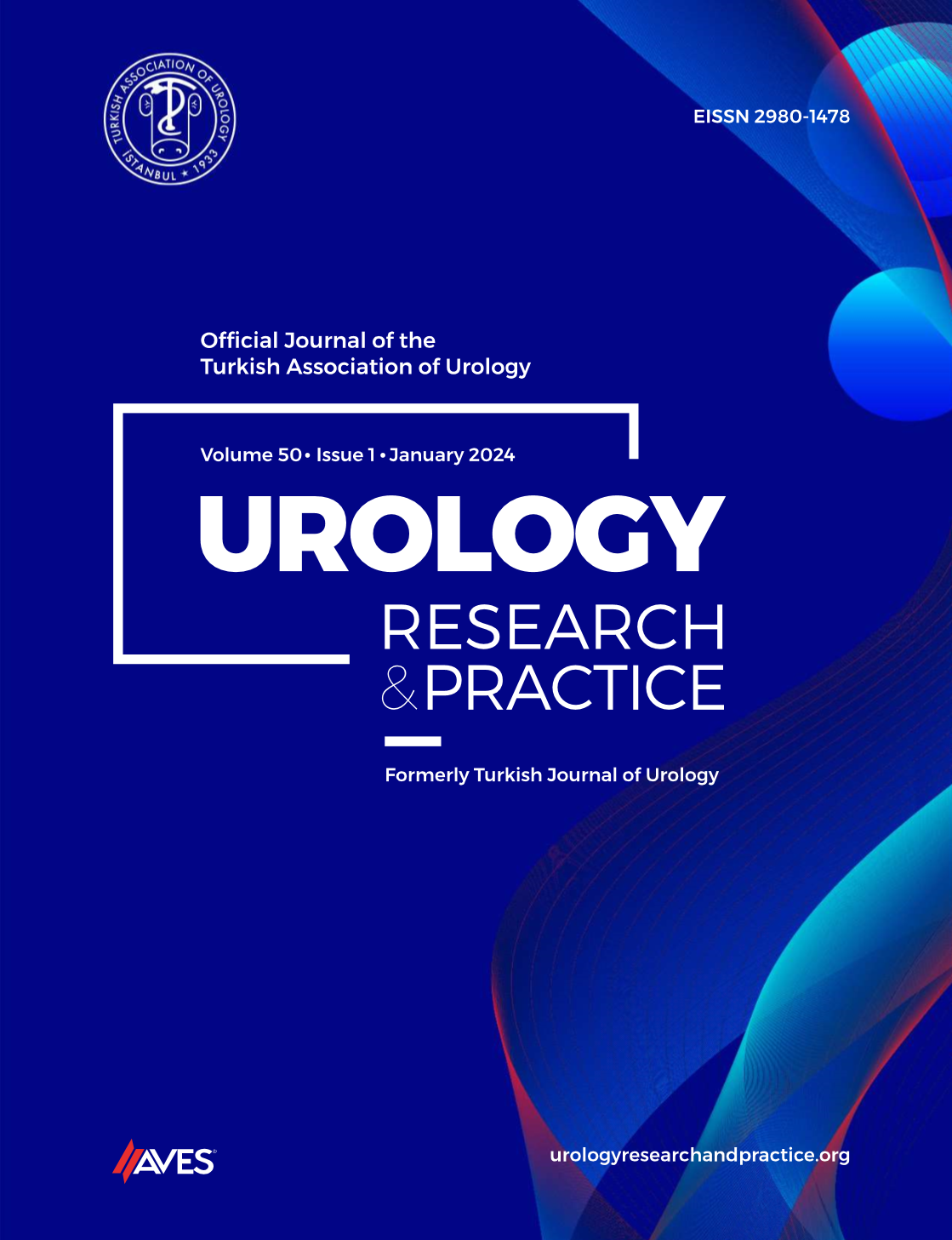Abstract
Objective: To evaluate the efficacy of magnetic resonance spectroscopy imaging (MRSI) for predicting locally advanced prostate cancer (PC).
Material and methods: Between April 2009 and July 2012, 80 consecutive patients with clinically localized PC had undergone endorectal MRSI before radical retropubic prostatectomy. Clinicopathological parameters, including age, preoperative prostate-specific antigen (PSA), Gleason score (GS) at biopsy, perinural invasion at biopsy, prostate weight at surgery, GS of surgical specimen, and pathological staging were recorded. The MRSI findings were compared with the histopathological findings of the radical prostatectomy. The diagnostic accuracy measures consisting of sensitivity, specificity, positive predictive value (PPV), negative predictive value (NPV) of MRSI, and other variables in the diagnosis of locally advanced PC (Pathology Stages pT3a, pT3b, or pT4) were evaluated.
Results: Sensitivity, specificity, PPV, and NPV of MRSI in detecting locally advanced PC is 42.4%, 93.6%, 82.3%, and 69.8%, respectively [area under the receiver operating characteristic (ROC) curve=0.658, p value <0.0001]. MRSI, cancer-positive core percentage at biopsy, and GS at biopsy are more accurate factors among all the predictive variables in predicting locally advanced PC.
Conclusion: MRSI may be considered as a complementary diagnostic modality with high specificity and moderate sensitivity in predicting locally advanced PC. Combination of this modality with other predictive factors helps the surgeon and patient to select an appropriate treatment strategy.

.png)


.png)